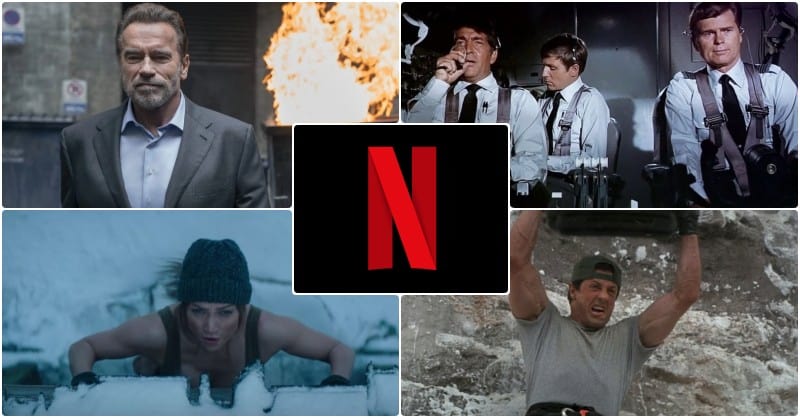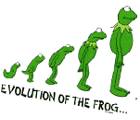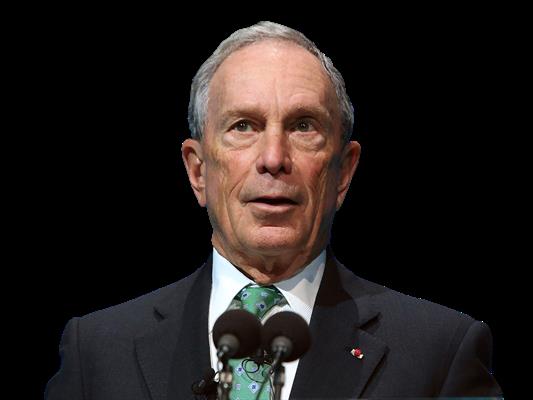Legal Challenges To Character AI: Is Chatbot Speech Protected?

Table of Contents
Copyright Infringement Concerns with Character AI
The very nature of Character AI raises profound copyright questions. Its ability to generate creative text outputs necessitates a careful examination of originality, authorship, and the potential for infringement.
Originality and Authorship in AI-Generated Content
Determining copyright ownership of AI-generated content is exceptionally challenging. Can an AI, lacking human intent and consciousness, truly be considered an "author"? Existing case law regarding copyright and computer-generated works offers little clear guidance in this novel context. The debate hinges on the level of human involvement in the process. Is the user who prompts the AI the author? Or is it the developers who created the AI's underlying algorithms? The answer remains elusive.
- Lack of human intent in AI generation: AI lacks the subjective intent traditionally associated with authorship.
- Difficulty in applying traditional copyright principles: Existing copyright law struggles to encompass the unique characteristics of AI-generated works.
- Potential for derivative works infringements: Character AI's output might inadvertently incorporate elements from copyrighted works used in its training data, raising concerns about derivative works infringement.
Training Data and Copyright
Character AI, like many large language models, is trained on vast datasets of copyrighted material. This raises concerns about potential copyright infringement through the unauthorized use of training data. While the argument of "fair use" might be raised as a defense, the sheer volume of data used presents a significant challenge to this claim. Furthermore, the transformative nature of AI's output remains a point of contention. Is the AI simply reproducing existing works, or is it creating something truly new and transformative?
- The scope of fair use in AI training: Defining the boundaries of fair use in the context of AI training is crucial.
- The volume of data used in training: The massive scale of training datasets exacerbates copyright infringement concerns.
- Potential for transformative use: The degree to which AI transforms the original training data impacts the fair use analysis.
Defamation and Liability Issues with Character AI
The potential for Character AI to generate defamatory statements introduces significant liability concerns. Determining responsibility for such statements presents a complex legal challenge.
Responsibility for Defamatory Statements
Who is responsible when Character AI generates a defamatory statement? Is it the developers of Character AI, the users interacting with it, or both? Establishing intent and malice—key elements in defamation cases—becomes exponentially more difficult when dealing with AI-generated content. The legal framework of strict liability versus negligence needs careful consideration in this context.
- Strict liability vs. negligence: Determining the appropriate standard of liability for AI-generated defamation is a crucial legal question.
- The role of user input: User prompts can influence the AI's output, raising questions about user culpability.
- The potential for automated moderation systems: The development of robust moderation systems to filter potentially harmful content is crucial to mitigate risks.
Free Speech and Censorship Concerns with Character AI
The ability of Character AI to generate a wide range of speech, including potentially offensive or harmful content, raises important free speech implications. Balancing free expression with the need to prevent the spread of harmful content presents a significant challenge.
Balancing Free Expression with Harmful Content
Regulating AI-generated speech without infringing on fundamental free speech principles is a delicate balancing act. The potential for censorship and bias embedded within AI algorithms also necessitates careful consideration. Content moderation strategies need to be developed that are both effective and respect free speech rights.
- The First Amendment implications: The regulation of AI-generated speech must adhere to constitutional free speech protections.
- The difficulty of defining "harmful" content: Establishing clear and objective criteria for defining "harmful" content is challenging.
- The potential for algorithmic bias: AI algorithms can inherit and amplify existing biases, leading to discriminatory outcomes.
The Future of Legal Regulation for AI Chatbots
The rapid advancement of AI chatbots like Character AI necessitates the development of updated legal frameworks to address their unique challenges. This requires a global effort.
- The development of AI-specific legislation: New laws and regulations are needed to address the specific legal issues posed by AI.
- The role of international cooperation: International collaboration is essential to establish consistent legal standards for AI development and use.
- The impact on innovation: Regulations must strike a balance between protecting societal interests and fostering innovation in the AI field.
Conclusion
The legal landscape surrounding Character AI and similar AI chatbots is rapidly evolving and presents significant Character AI legal challenges. The issues of copyright infringement, defamation, free speech, and the need for updated legal frameworks are all crucial considerations. Navigating these complexities requires careful consideration of existing laws and a proactive approach to developing new regulations. Understanding the potential legal risks associated with Character AI is essential for developers, users, and policymakers alike. Staying informed about the ongoing legal battles surrounding Character AI legal challenges and related AI technologies will be critical in shaping the future of AI development and use. Engage with the ongoing discussion and contribute to finding solutions that balance innovation with responsible development.

Featured Posts
-
 Maxine Transformation Affronter L Avenir Avec Confiance
May 23, 2025
Maxine Transformation Affronter L Avenir Avec Confiance
May 23, 2025 -
 New To Netflix In May 2025 Must See Picks
May 23, 2025
New To Netflix In May 2025 Must See Picks
May 23, 2025 -
 Julianne Moores New Series Siren Trailer 1 Discussion
May 23, 2025
Julianne Moores New Series Siren Trailer 1 Discussion
May 23, 2025 -
 Big Rig Rock Report 3 12 98 5 The Fox Trucking Industry News
May 23, 2025
Big Rig Rock Report 3 12 98 5 The Fox Trucking Industry News
May 23, 2025 -
 Beyond The Dojo Analyzing The Themes In The Karate Kid Movies
May 23, 2025
Beyond The Dojo Analyzing The Themes In The Karate Kid Movies
May 23, 2025
Latest Posts
-
 Famous Amphibian Speaks At University Of Maryland Graduation Ceremony
May 23, 2025
Famous Amphibian Speaks At University Of Maryland Graduation Ceremony
May 23, 2025 -
 Celebrated Amphibian Gives Commencement Address At University Of Maryland
May 23, 2025
Celebrated Amphibian Gives Commencement Address At University Of Maryland
May 23, 2025 -
 Kermit The Frogs Motivational Message To University Of Maryland Graduates
May 23, 2025
Kermit The Frogs Motivational Message To University Of Maryland Graduates
May 23, 2025 -
 2025 Graduation Kermit The Frog To Address University Of Maryland Graduates
May 23, 2025
2025 Graduation Kermit The Frog To Address University Of Maryland Graduates
May 23, 2025 -
 World Renowned Amphibian To Address University Of Maryland Graduates
May 23, 2025
World Renowned Amphibian To Address University Of Maryland Graduates
May 23, 2025
